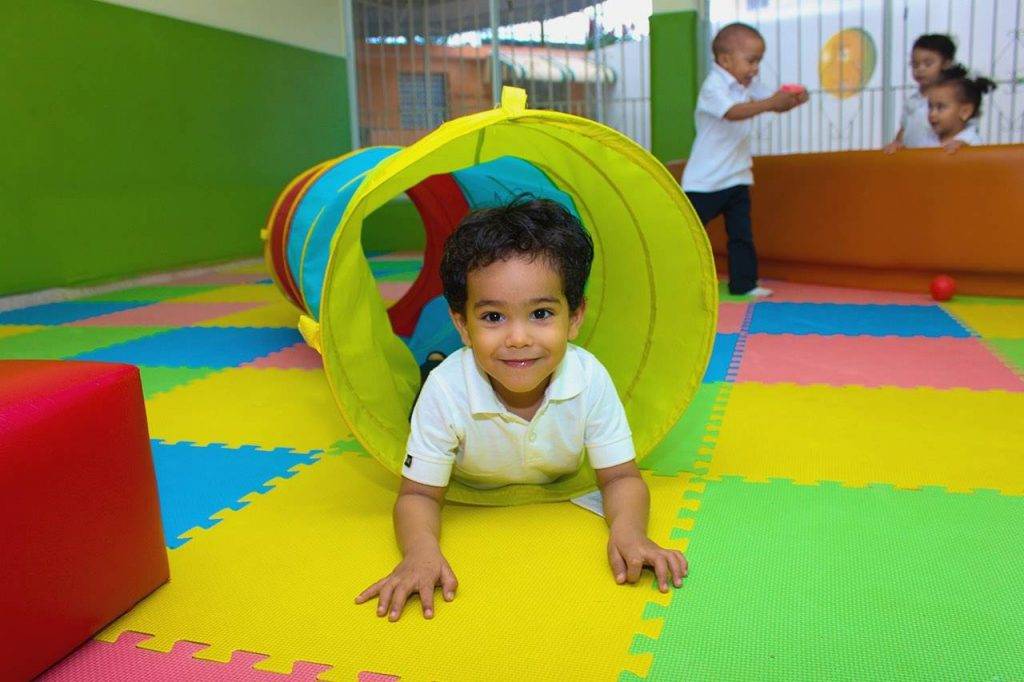Can a brain injury cause vision problems?
Yes, any brain injury can have significant visual consequences.
During the initial treatment of a concussion or other traumatic brain injury (TBI), visual problems are often overlooked. Frequently, visual problems are hidden or neglected— lengthening and impacting rehabilitation.
The reason that many visual problems are overlooked following a TBI, is that often the patient’s visual acuity remains the same. However, the TBI may cause changes to the communication between the brain and the eyes— affecting the visual skills.
Vision is the most important source of sensory information. Consisting of a sophisticated complex of subsystems, the visual process involves the flow and processing of information from the eyes and body to the brain. Because there is a close relationship between vision and the brain, a TBI, including concussions and sports-related head injuries, can disrupt the visual process—interfering with the flow and processing of information, and resulting in a vision problem.
Signs indicating a vision problem:
- Blurry vision
- Double vision
- Aching eyes
- Loss of visual field
- Sensitivity to light
- Comprehension difficulty
- Attention and concentration difficulty
- Memory difficulty
- Reading difficulties- decreased fluency and speed
- Comprehension difficulties
- Headaches with reading and other visual tasks
If you experience any of these signs contact an eye doctor near you, so that they can help diagnose and manage your vision.
SEE RELATED: How Does a Traumatic Brain Injury Cause Vision Problems?
Strong visual skills enable clear vision
Strong visual skills are necessary for efficient information processing. When processing visual information is difficult, one may strain their eyes without even knowing it, because the effort is subconscious. If the visual system is inefficient, every task can seem difficult— expending more energy than required.
Which visual skills are affected by a TBI?
- Eye tracking: The ability of the eye to move smoothly across a printed page or while following a moving object.
- Fixation: The ability to quickly and accurately locate and inspect a series of stationary objects, such as words while reading.
- Focus change (accommodation): The ability to quickly change focus from distant to near images, continually.
- Depth perception: The ability to accurately judge relative distances of objects —how far or near they are.
- Peripheral vision: The ability to monitor and interpret what is happening in the surrounding field of vision.
- Binocularity (eye tracking and teaming): The ability to use both eyes together as a team – smoothly, equally and accurately.
- Maintaining attention: The ability to maintain focus on a particular activity while interference, such as noise or motion, is present.
- Visualization: The ability to accurately picture an image in the “mind’s eye,” eye retaining and storing them for future recall.
- Near vision acuity: The ability to clearly see, inspect, identify, and understand objects viewed within arm’s length.
- Distance acuity: The ability to clearly see, inspect, identify, and understand objects viewed at a distance.
- Vision perception: The ability to understand and quickly process what is seen.
If you have experienced a TBI and suffer from visual problems, contact a developmental optometrist for a complete functional vision examination.
An optometrist’s role in TBI rehabilitation
Unfortunately, many people that work in the health care professions, including head trauma rehabilitation centers, are inadequately aware of the visual problems and visual-perception consequences that can result from a TBI. This lack of awareness creates a gap in rehabilitative services— resulting in incomplete treatment and frustration for the patient, family and treatment team.
A behavioral or developmental optometrist, specifically trained to work with TBI patients, will play an important role in the rehabilitation effort.
Vision therapy, along with the use of specialized lenses, can help improve the eye-brain connection, and the visual processing of information.
After comprehensive eye examination following a TBI, an optometrist will be able to determine how visual information is processed— alerting the patient to their strengths and weaknesses.
Based on the findings of the evaluation, the eye doctor will prescribe a treatment regimen incorporating lenses, prisms, low vision aids and specific activities designed to improve control of a person’s visual system and increase vision efficiency. This in turn can help support many other activities in daily living.
What is behavioral or developmental optometry?
Behavioral or developmental optometry is based upon the core principle that vision is a learned process and can be developed or enhanced at any age.
Optometrists practicing this method have continued their education beyond the basic Doctor of Optometry (O.D.) degree. This continuing education emphasizes the use of lenses, prisms, and vision therapy to enhance a patient’s visual capabilities, reduce visual stress, and prevent and rehabilitate vision problems.
As a member of the rehabilitative team, behavioral optometrists have extensive experience treating the vision problems stemming from TBI.
LEARN MORE: Guide to Eye Turns
If you or a loved one has experienced a TBI and is suffering from visual problems, contact a developmental optometrist for a complete functional vision examination.
Treatment of visual problems will not only alleviate visual difficulties, but will also facilitate improved daily functioning.










